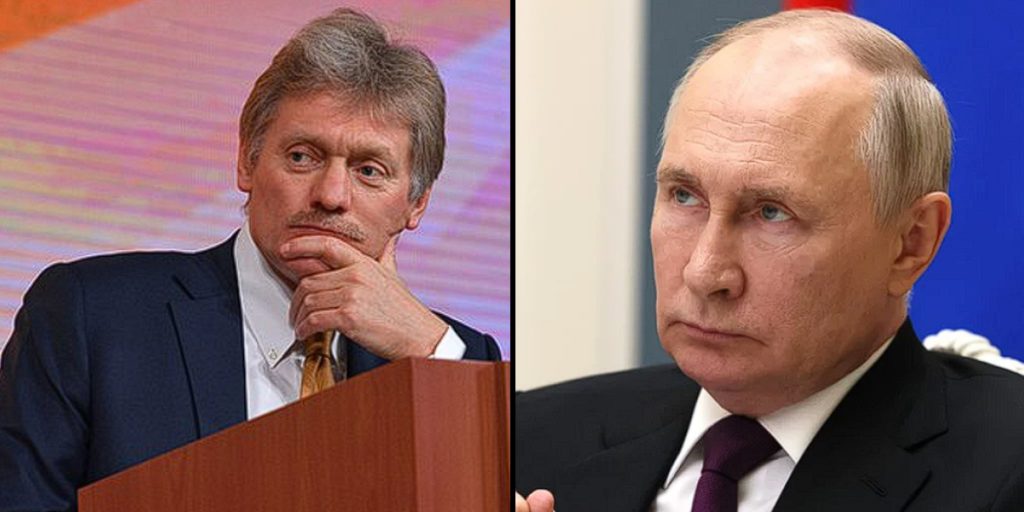Trump made the remark during an interview with The Wall Street Journal
Others are reading now
The Kremlin has responded to former U.S. President Donald Trump’s claim that he once threatened Russian President Vladimir Putin during his time in office.
Forceful Communication With Putin Was a Key Factor
On October 21, Trump stated that he had warned Putin he would strike Moscow if Russia pursued aggressive actions toward Ukraine.
Trump made the remark during an interview with The Wall Street Journal as he campaigns for a potential second term as president. He suggested that his tough stance kept tensions in check, claiming that his approach was a balance between strength and diplomacy.
According to Trump, this direct and forceful communication with Putin was a key factor in preventing further Russian military actions, including aggression toward Ukraine.
Also read
His comments reflect his often-repeated claim that his personal relationship with world leaders like Putin allowed him to manage complex international situations, suggesting that his strong rhetoric helped maintain peace during his presidency.
Lack of Informational Hygiene
In response to Trump’s statement, Kremlin spokesperson Dmitry Peskov addressed the media, emphasizing that Russia typically avoids publicizing private conversations between heads of state.
Peskov suggested that the Kremlin values discretion in high-level diplomacy, contrasting this with what he called a lack of “informational hygiene” among Western leaders, according to URA.
He pointed out that Russia prefers to keep such discussions behind closed doors rather than making bold public statements, which, in his view, can be damaging or misleading.
While Peskov did not directly confirm or deny Trump’s claim about threatening Moscow, his remarks downplayed the significance of such statements. By maintaining that these conversations should remain confidential, the Kremlin implied that Trump’s account may not fully align with Russia’s understanding of their interactions.
Trump’s claim is just the latest in a series of comments aimed at highlighting his supposed effectiveness in dealing with world leaders, particularly Putin.
Throughout his political career, Trump has often touted his ability to prevent major conflicts through personal diplomacy, contrasting his own leadership style with that of his successors and predecessors.
As Trump continues to campaign for the 2024 U.S. presidential election, such statements are likely intended to bolster his image as a strong leader on the world stage — someone who can manage global crises and confront figures like Putin without escalating tensions into open conflict.


